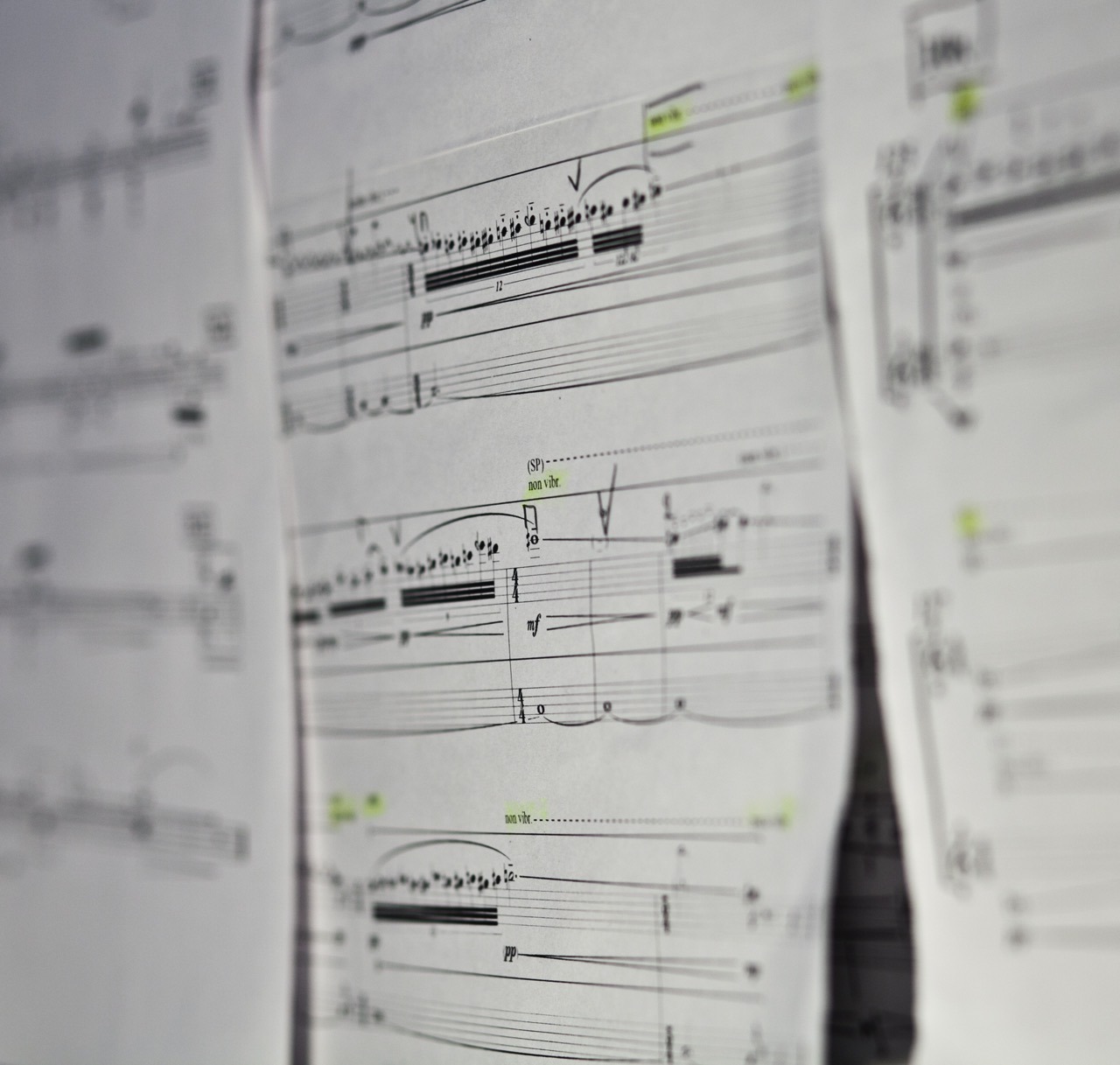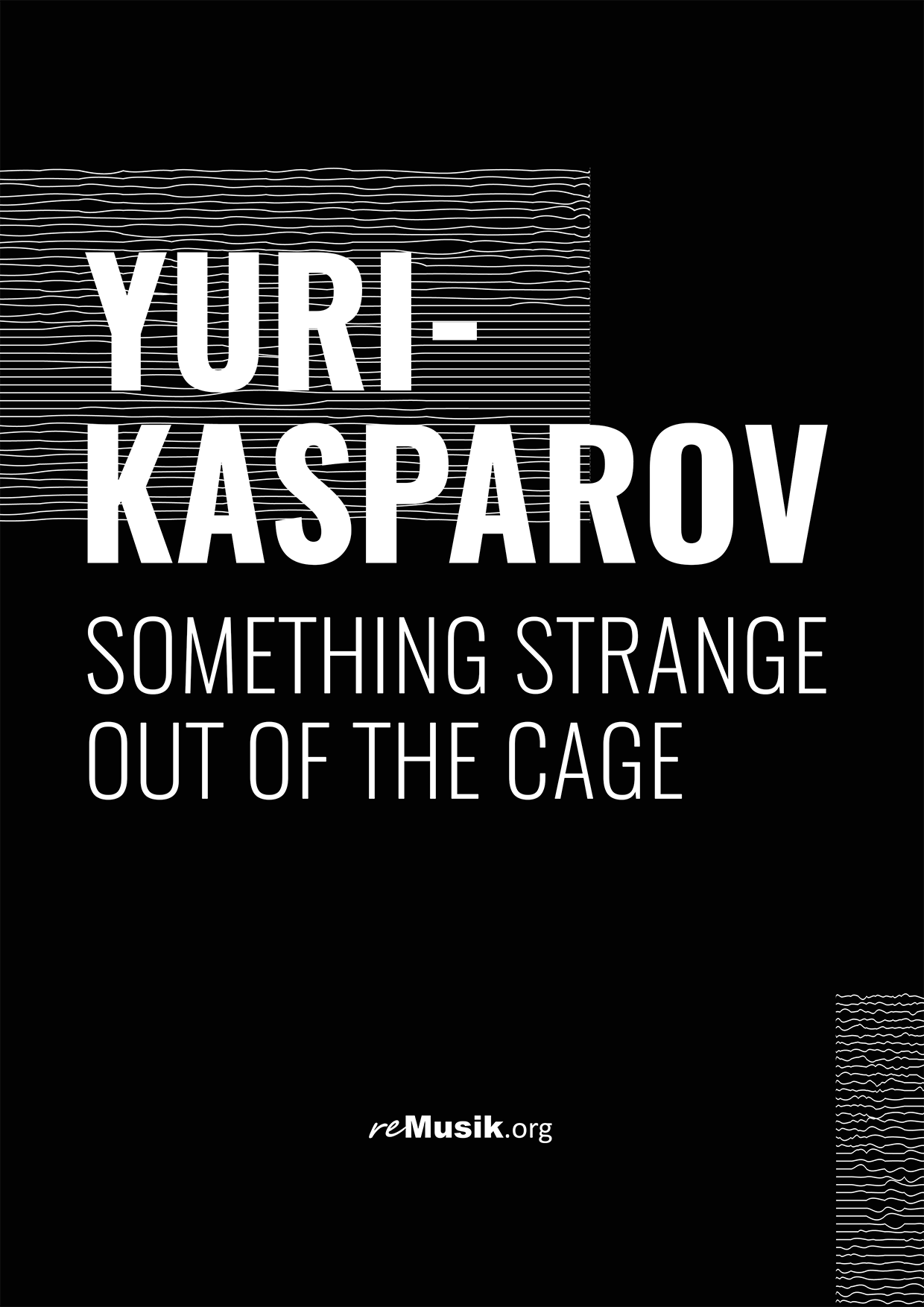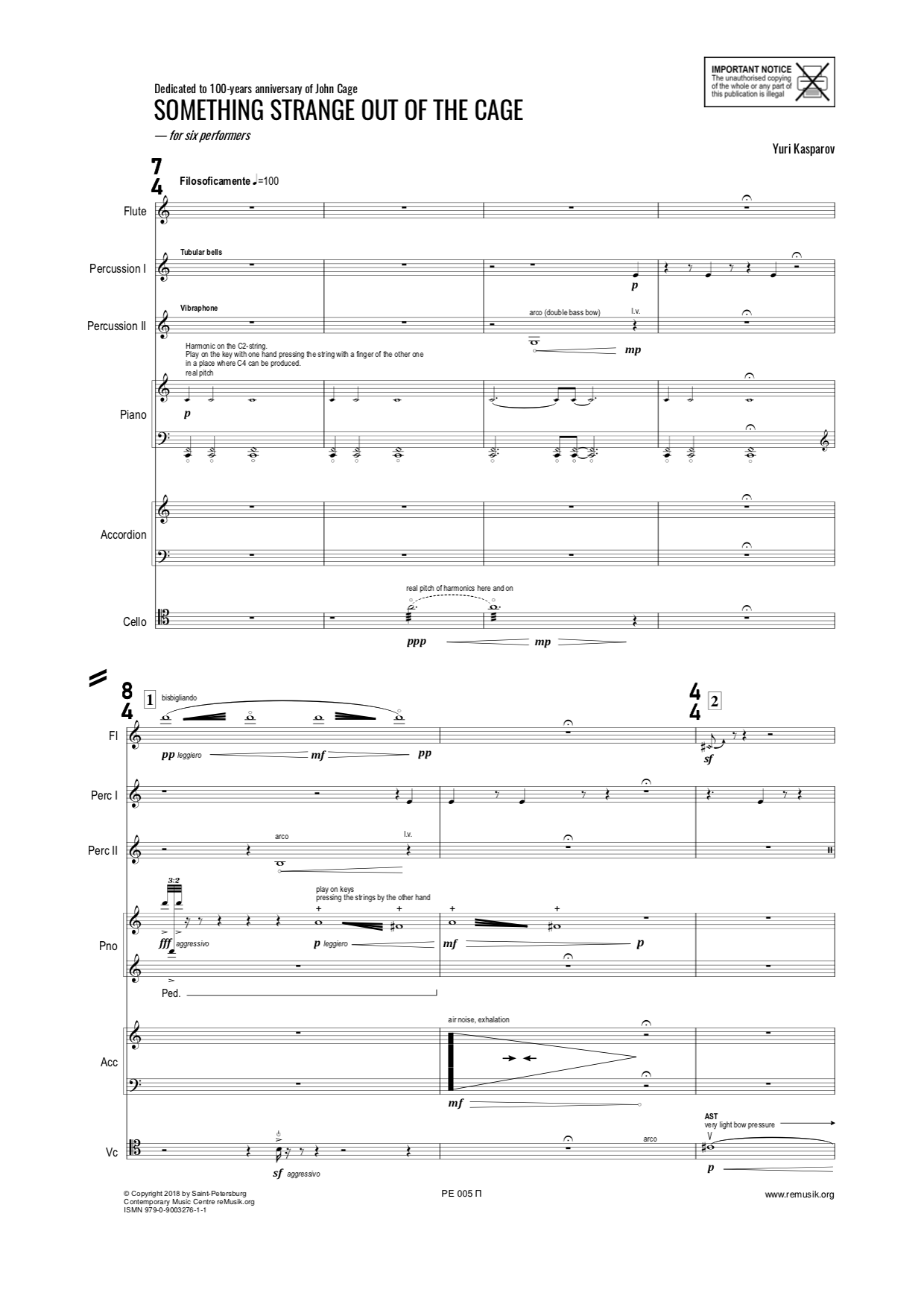Basilica Schola Composition Competition 2023
With this competition, the University of Notre Dame Basilica Schola aims to encourage composers to
write new works for mixed voices for use in the liturgy. We are looking specifically for music that serves
well in a Roman Catholic context but also across the wider church, and therefore in various years will be
drawing on Biblical texts as well as hymn texts.
This year’s competition will give special consideration to composers who
incorporate the given text, new musical material, and musical material (including
tunes) borrowed from jazz or popular music idioms. Composers are welcome to
indicate via notes in the submitted score the ways in which their composition
reflects that directive.
About the choir
The Basilica Schola is a select vocal ensemble specializing in unaccompanied sacred choral music, with
a special focus on Renaissance polyphony. The choir sings for Sunday Vespers in the Basilica of the
Sacred Heart, special Masses, and other services throughout the academic year. The Schola comprises a
select group of around 16 singers, including members of the faculty, staff, and student populations.
Membership in the choir is by audition only. basilicaschola.nd.edu.
Text
The composer must set two or more stanzas of the following metrical psalm text for consideration in the
competition. Composers choose to set the entire text, as long as it fits within the time limits listed below.
The hymn text must be exactly the same as the versions that appear here.
“Salvation is for ever nigh” (Psalm 85, Part II)
Isaac Watts, as found in Melody and Songs: hymns from the Psalm versions of Isaac Watts
Salvation is forever nigh
the ones who trust in God’s great care;
let grace, descending from on high
bless all with hope and glory here.
Let earth know truth and mercy met
when Christ the Lord came down from heaven.
By his obedience, so complete,
is justice pleased, and peace is given.
Now truth and honor shall abound,
devotions fill the earth again,
and heavenly influence bless the ground
in our Redeemer’s gentle reign.
His righteous ways will lead before,
to give us free approach to God;
our wandering feet shall stray no more;
we’ll mark his steps, and keep his road.
Voicing
The work submitted for the composition should be written in 4 parts with the voicing Soprano, Alto, Tenor,
Bass. Limited instances of further divisi may occur if necessary, up to 8 parts.
Accompaniment
The composition must be for unaccompanied voices.
Difficulty level/style
The Basilica Schola is a highly skilled ensemble with many members holding undergraduate or graduate
degrees in music. However, we operate primarily as a liturgical choir and thus typically are learning a
great deal of music very quickly. Composers should bear that in mind when considering the difficulty level
of their submission. Compositions should not be of such great difficulty that they cannot be learned within
a matter of several weeks.
As with previous years’ competitions, submissions will be particularly welcome if they use
techniques based in imitative polyphony but which also utilize both new musical material and
musical material (including tunes) borrowed from jazz or popular music idioms. Pieces which
primarily utilize twelve-tone rows for melodic material will not be considered.
For reference, below is a list of several pieces sung recently by the Basilica Schola. (Entries need not
conform strictly to the styles represented by this list, as noted above.)
Jean Titelouze, Missa in Ecclesia (complete)
William Byrd, “Beati Mundo Corde”
attr. Richard Farrant, “Hide Not Thou Thy Face”
G.P. da Palestrina “Ego Sum Panis Vivus”
Edward Kennedy “Duke” Ellington, arr. Hehn, “Come Sunday”
Joseph Rheinberger “Abendlied”
Paul Mealor “Ubi Caritas et Amor”
John Rutter “God Be in My Head”
T.L. de Victoria “Ave Maria à 8”
Alec Roth “Night Prayer”
Juan de Lienas “Coenantibus Autem Illis”
Manuel de Zumaya “La Bella Incorrupta”
Length of piece
The winning piece will be premiered during the celebration of Sunday Vespers in the Basilica of the
Sacred Heart. It must be no longer than 4 1/2 minutes in length in order to comfortably fit within that
liturgy.
Eligibility
All United States residents in the 50 states over the age of 18 are eligible to enter the competition. Entry
is free of charge.
The following individuals are not eligible: employees, collaborators, directors, officers and contractors of
the Sponsor, its advertising, fulfillment and public relations agencies and any other agencies involved in
the administration, development and fulfillment of this Contest, and the immediate family members and
those living in the same households of each.
Submissions, score format, and recording
Each entry must be typeset using a music software program such as Finale or Sibelius. A PDF of the
score along with an MP3 recording should be sent to basilica@nd.edu.The email subject line should
read “Basilica Schola Liturgy Alive Composition Competition 2023.” Your name should NOT appear on
the score itself since a blind jury will judge the competition. Please include your name and contact
information in the body of the email.
The MP3 recording may be an informal play-through at the piano/organ or midi recording produced by a
music software program. It does NOT need to be an actual performance of the piece with a choir.
The winning composition must be dedicated to the Notre Dame Basilica Schola with the text,
“Commissioned by the Notre Dame Basilica Schola; Dr. Jonathan Hehn, OSL, Director,” appearing on the
cover page of the score.
Deadline
Entries will be accepted between 8:00 AM EST on July 1, 2022 and 11:59 PM EST on January 2, 2023.
The winner(s) will be contacted by January 30, signed affidavits from the winners will be due by February
3, and the winner(s) will be publicly announced by February 6, 2023.
Prizes
Only one prize is to be awarded for this competition. The panel reserves the right not to award any prize.
1st prize: $1000
The winning entry/entries will be sung by the Notre Dame Basilica Schola in the Basilica of the Sacred
Heart during a Vespers liturgy at the University of Notre Dame, and the work will be considered for other
performances in concerts, tours, and recording projects.
Evaluation
The winner will be selected by a panel of judges from within and outside the University of Notre Dame.
Selection criteria will include: artistic merit, singability, adherence to the submission guidelines, creativity,
and similar criteria.
Judges
● Dr. Jonathan Hehn, Director of the Notre Dame Basilica Schola
● Hussein Janmohamed, Independent Choral Conductor, Composer, and Music Educator. Ph.D.
Candidate, University of Toronto.
● Dr. Nancy Menk, Chair and Professor of Music, St. Mary’s College; Director of the St. Mary’s
College Women’s Choir
● Dr. José Rivera, Associate Professor and Choral Music Coordinator of the Music Education
Program, University of North Carolina Pembroke.
Questions: Questions regarding the Basilica Schola’s competition may be sent to Jonathan Hehn at
jhehn@nd.edu.
Deadline 2 January 2023
Website basilica.nd.edu



